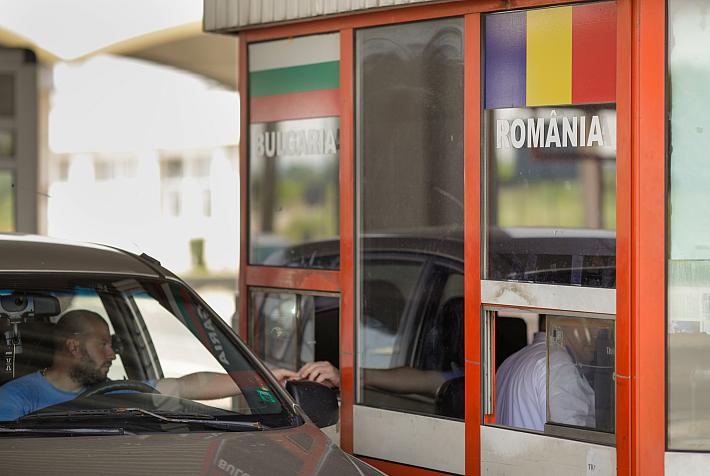European Human Rights Court delivers two judgments on Romania: prison conditions and company insolvency

The European Court of Human Rights in Strasbourg has delivered two judgments in cases brought against the Romanian state. In the first case, concerning the insolvency of a Romanian company, the ECHR upheld the Romanian government's request to revise a previous decision of the European Court. The second case resulted from a complaint lodged by a prisoner in a Romanian jail over the conditions of his detention. In this case, the ECHR upheld the prisoner's complaint and ruled against the Romanian state.
The insolvency case goes back to an ECHR decision made in December 2009, which deemed that the legal process for a Romanian company's (S.C. Grup 95 SA) insolvency had failed to comply with two articles of the European Convention on Human Rights: right to a fair trial and protection of property. Later, a further company came forward and revealed that it had signed a contract of sale with S.C. Grup 95 SA. The Romanian authorities requested a revision of the ECHR judgment in the light of the new information and the ECHR has now admitted the request.
The second case is similar to another recent case before the ECHR and concerns prison conditions. Ion Ciobanu, born in 1970, was originally imprisoned for robbery between 2004 and June, 2010, when he was released on probation. In October 2010, he was convicted of “insulting behavior” and sent back to prison to serve the remainder of his sentence. Ciobanu made his complaint on the grounds of the Convention article prohibiting inhuman or degrading treatment and complained in particular of the conditions in the jail. The ECHR upheld his complaint and proposed a just satisfaction of EUR 4,800. Ciobanu is currently imprisoned in the Colibaşi jail.
The Chamber judgments, delivered April 30, are not final. As with all Chamber judgments, any party can request the case's referral to the Grand Chamber in the three months following the ruling. If a request is made, a panel of five judges decides if the case merits being passed to the Grand Chamber. Refusal of the request renders the Chamber judgment final; approval results in the case going before the Grand Chamber.
editor@romania-insider.com












